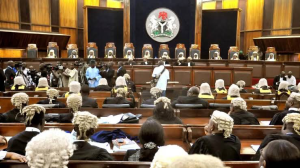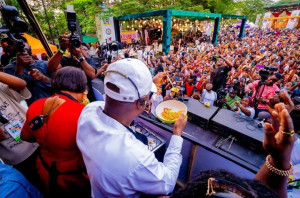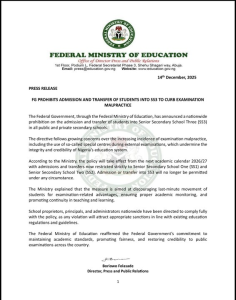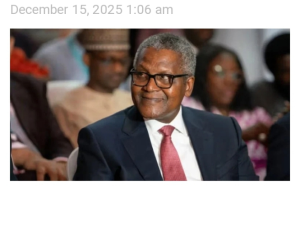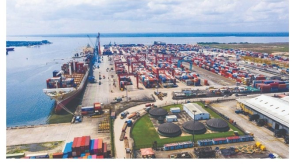
The Federal Government has proposed a new national minimum wage of N62,000, a significant increase from the current wage. However, organized labour has countered with a demand for N250,000, down from their initial request of N494,000.
The Tripartite Committee on New National Minimum Wage adjourned without reaching a consensus, as the organized private sector threw its weight behind the government’s offer of N62,000. This move is seen as a significant departure from the current minimum wage, which has been criticized for being inadequate to meet the basic needs of workers.
The development comes after prolonged negotiations between the government, organized labour, and the private sector. The government’s offer is seen as a compromise, but labour leaders are insisting on a higher wage to reflect the current economic realities.
The N62,000 offer by the government is a 150% increase from the current minimum wage, while labour’s demand of N250,000 represents a 400% increase. The significant gap between the two figures suggests that negotiations are far from over.
The outcome of these negotiations will have far-reaching implications for workers, employers, and the economy as a whole. A new minimum wage could impact inflation, employment, and economic growth, making this a critical issue for all stakeholders.
As the negotiations continue, workers and employers alike are watching with bated breath, hoping for a resolution that balances the needs of both parties. The government’s offer and labour’s counter-demand have set the stage for a intense negotiation process that will shape the future of work in Nigeria.

